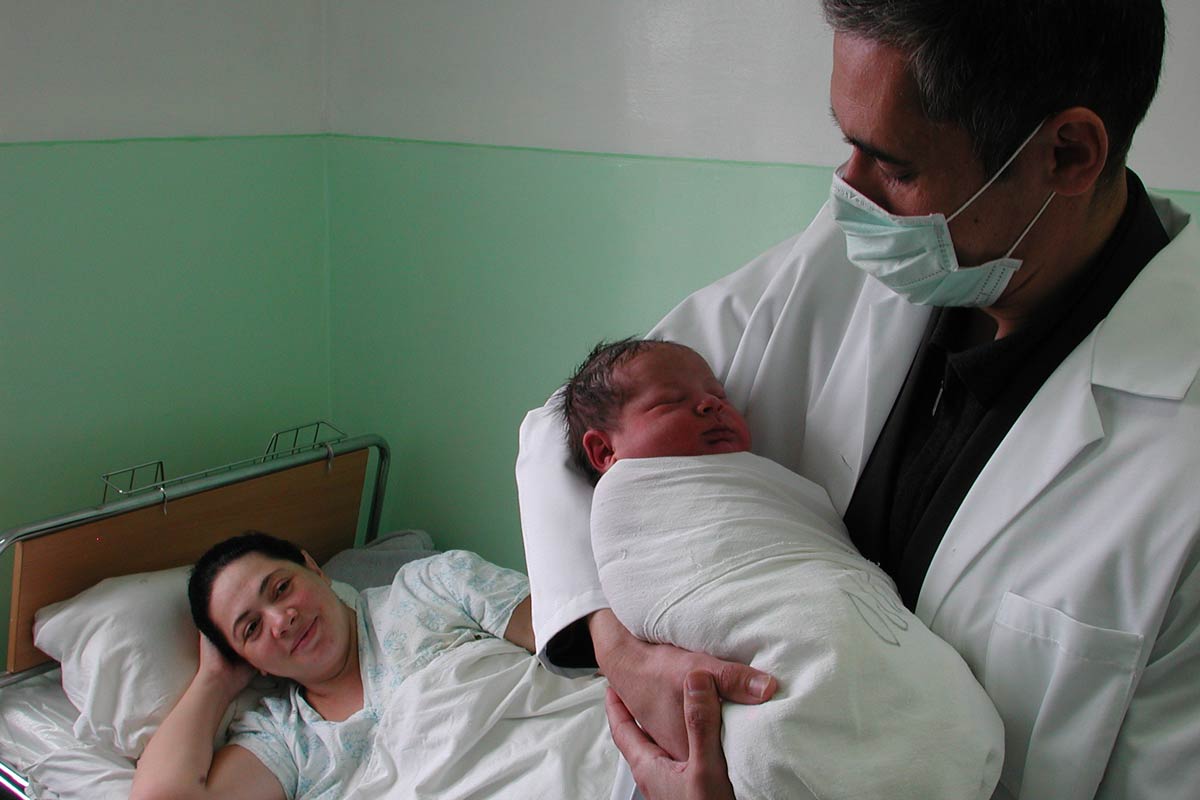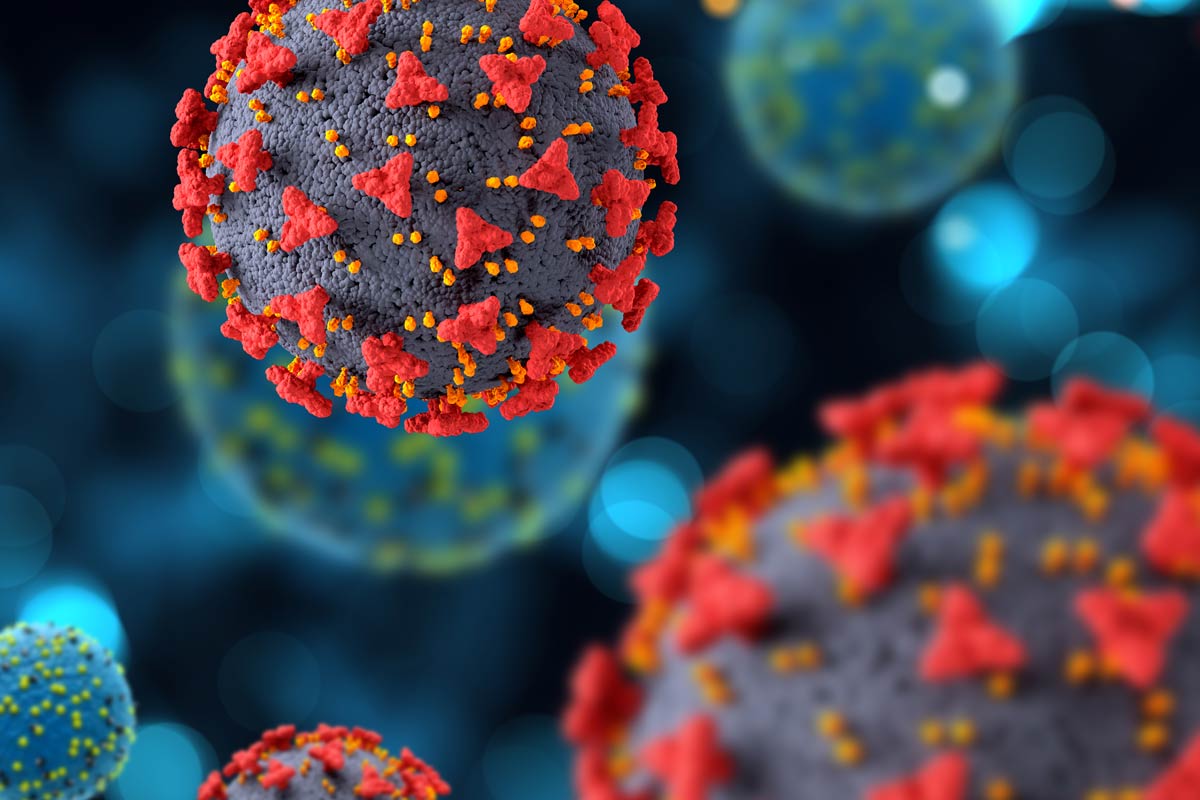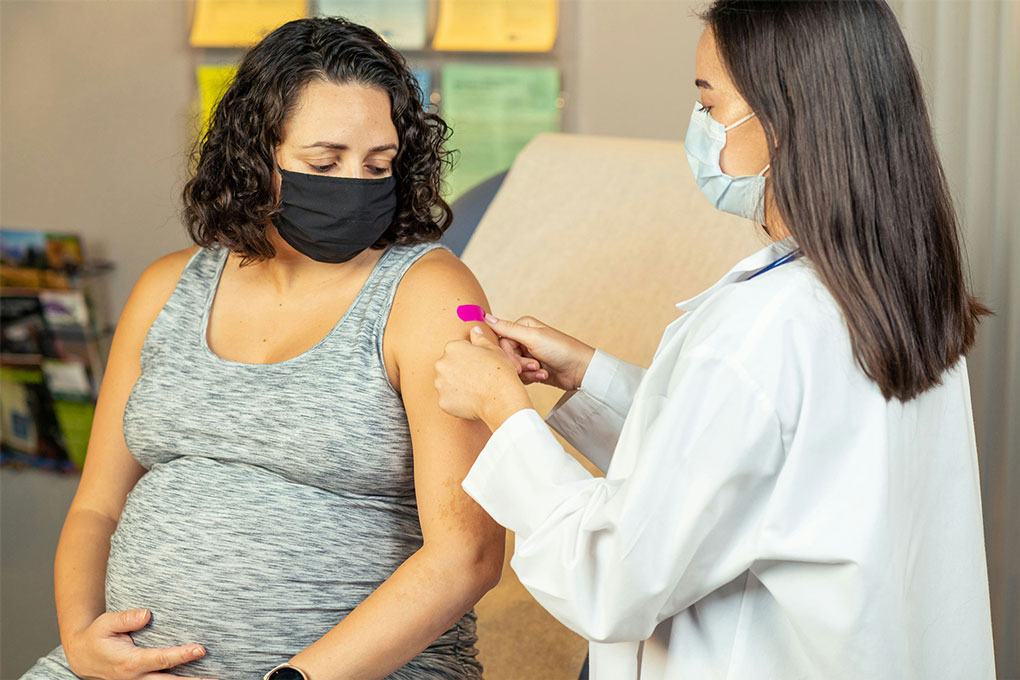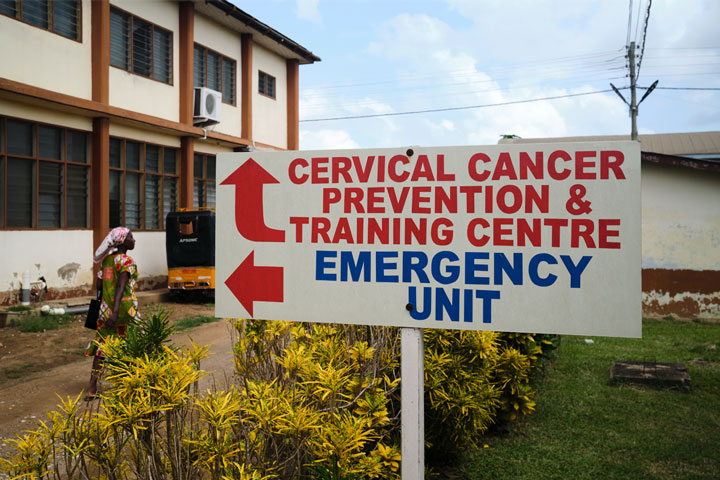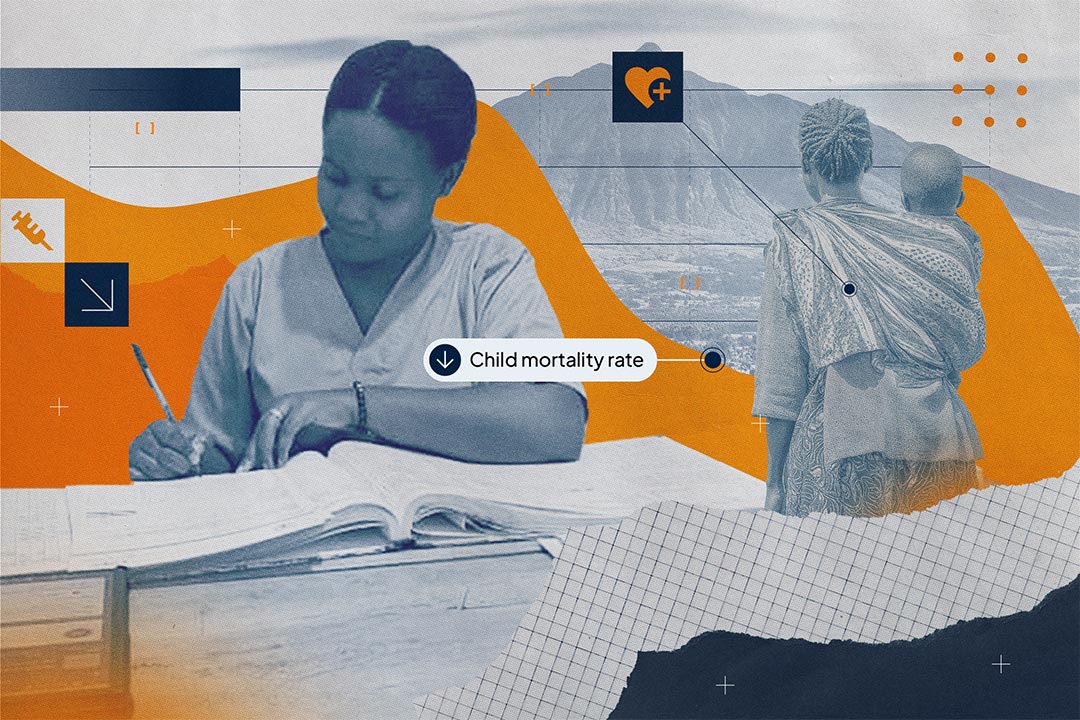Does the AstraZeneca COVID-19 vaccine really cause blood clots?
Various countries have halted the use of the Oxford-AstraZeneca vaccine, while reports of blood clots are investigated. Here’s what we know so far.
- 16 March 2021
- 4 min read
- by Linda Geddes

Various European countries have temporarily suspended use of the Oxford-AstraZeneca vaccine whilst a full investigation is finalised into reports of rare blood coagulation disorders and subsequent deaths among people who had recently been injected with a specific batch – including a person in Denmark, and another in Austria.
These measures have been taken as a precaution, although the European Medicines Agency’s (EMA) Pharmacovigilance Risk Assessment Committee (PRAC) maintains that the vaccine’s benefits continue to outweigh its risks and that it can continue to be given while its investigation proceeds. “There is currently no indication that vaccination has caused these conditions, which are not listed as side effects with this vaccine,” the EMA said.
COVID-19 cases remain high in many countries, so although it is important that any adverse events connected to COVID-19 vaccinations are investigated so that any rare side effects are detected, it is also important for people to attend their vaccination appointment.
The World Health Organization’s Global Advisory Committee on Vaccine Safety (GACVS) is also reviewing current reports on the AstraZeneca vaccine as part of its routine twice monthly advisory meeting. As soon as it has gained a full understanding of recent events, its findings and any changes to current recommendations will be immediately communicated to the public, the GACVS said.
Routine investigation
So far, more than 268 million doses of COVID-19 vaccines have been administered around the world. When a vaccine is administered to millions of people, it is inevitable that some adverse events will happen in the days or weeks after vaccination. So, careful investigation is essential to determine if the vaccine actually caused the problem, or if it was coincidental – meaning the adverse events had nothing to do with the vaccine, but occurred soon after vaccination and so may be attributed to it erroneously.
As part of its investigation, the EMA will be reviewing all cases of thromboembolic events (where a clot in a blood vessel breaks off, and subsequently blocks another blood vessel) and blood clot-related conditions in people who have received the Oxford-AstraZeneca vaccine.
Have you read?
A key consideration will be whether there have been more cases of adverse events than would have been expected without vaccination. According to AstraZeneca, of the more than 17 million people given the vaccine across the EU and UK so far, there had been 15 events of deep vein thrombosis and 22 events of pulmonary embolism reported as of 8 March. “This is much lower than would be expected to occur naturally in a general population of this size and is similar across other licensed COVID-19 vaccines,” the company said.
For comparison, these kind of blood clots affect approximately one adult in every thousand each year, meaning that in a population of 17 million, you would expect to see 17,000 clots each year – or more than 320 each week. Among older people (who represent the majority of those who have been vaccinated in most countries so far), the rate is even higher – with 5-6 people in every 1,000 affected each year among those aged 80 and above. AstraZeneca’s monthly safety report is expected to be published on the EMA website in the coming days.
Risk benefit analysis
It is also worth considering the risks associated with not receiving the vaccine. Among the many symptoms associated with COVID-19 is an increased risk of blood clotting. Several studies have suggested that 30-70% of people who are admitted into intensive care units with COVID-19 develop blood clots in the deep veins of their legs, or in the lungs, while approximately a quarter will develop a blockage in one of the arteries supplying blood to the lungs. Severe pneumonia and organ damage are other potential consequences of coronavirus infection.
COVID-19 cases remain high in many countries, so although it is important that any adverse events connected to COVID-19 vaccinations are investigated so that any rare side effects are detected, it is also important for people to attend their vaccination appointment – particularly if they are in a vulnerable or high-risk group. For these individuals, the risk of dying or developing severe complications from COVID-19 substantially outweighs the risk of getting any complications after the vaccine.
